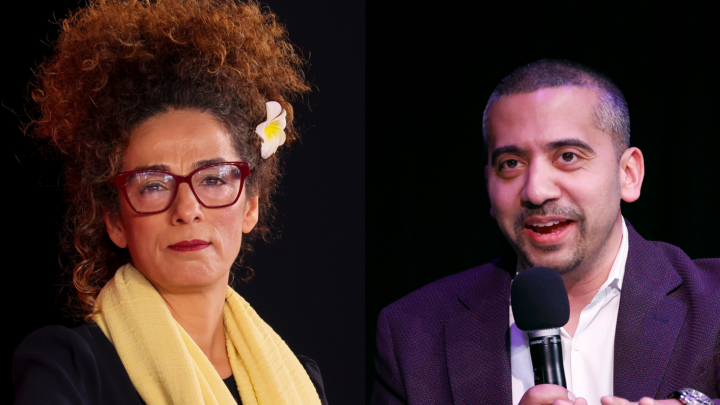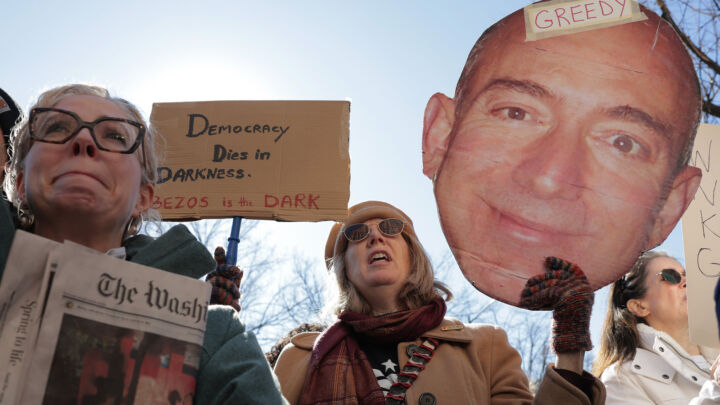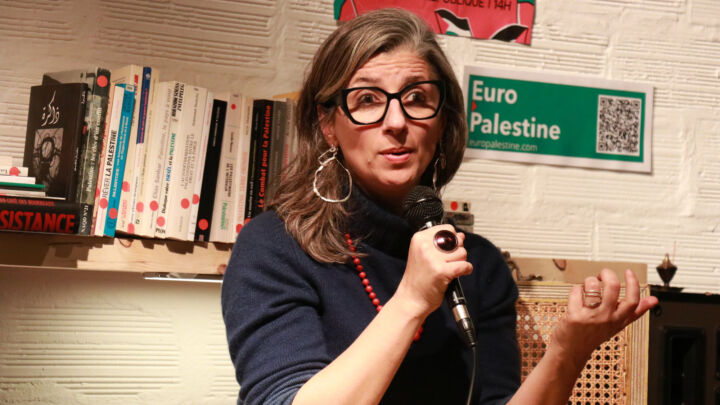The University of Bristol is now censoring student fiction

Want unlimited, ad-free access? Become a spiked supporter.
When Bristol University student Benjie Beer wrote his short, fictitious story, ‘Nights at the Disco’, he intended it to ‘inform readers about the problems surrounding the contemporary male psyche’.
Beer shared his risqué story, which focused on alienation, drug abuse and sexual violence, on social media (as any budding writer would). Alys Mary-Gorton, a third-year history student, took issue with Beer’s story. She told Epigram, a university newspaper, that she was ‘absolutely astounded that it hadn’t been reported [to Facebook] before’. Another student reported the post to Facebook twice. (Facebook refused to take action because the post did not violate any of its community standards.)
As a result, the university contacted Beer, stating: ‘[The post] has the potential to bring the university into disrepute and, as such, we will be contacting you next week to request you attend a disciplinary hearing. Please remove the post immediately. Failure to comply with my request to remove the post constitutes misconduct under our disciplinary regulations.’
Sarah Williams, an English Literature student at Bristol, posted a response in Epigram. ‘There is no place for “Nights at the Disco” at Bristol University’, she wrote, as though the story had been imposed on her as essential reading for her degree. ‘It is a repugnant story that sweeps issues of rape under the carpet.’ I wonder how she fares with the likes of Macbeth and Titus Andronicus.
On the Bristol Against Censorship Facebook page, I suggested that if students felt so triggered by the story, they perhaps should not read it. I was promptly reprimanded for ‘belittling mental-health issues’. It seems freedom of speech is subordinate to hyped-up concerns about mental health.
If Beer is punished, this could be one of the scariest cases of campus censorship to date. This is not just an attack on freedom of speech – Bristol University and its censorious student supporters are completely invading Beer’s personal life, and hampering his creative freedom.
Beer has since provided a trigger warning for all supposedly vulnerable readers, although he has confirmed that the story ‘will be staying up’. But, in order to win the argument for free speech on campus, students must give the two-finger salute to trigger warnings, Safe Spaces and censorious policies. If you don’t believe in free speech for writers of ‘repugnant’ fiction, you don’t really believe in free speech at all.
Ben Kew is a writer and a student at the University of Bristol.
You’ve hit your monthly free article limit.
Support spiked and get unlimited access.
Support spiked and get unlimited access
spiked is funded by readers like you. Only 0.1% of regular readers currently support us. If just 1% did, we could grow our team and step up the fight for free speech and democracy.
Become a spiked supporter and enjoy unlimited, ad-free access, bonus content and exclusive events – while helping to keep independent journalism alive.
Monthly support makes the biggest difference. Thank you.









Comments
Want to join the conversation?
Only spiked supporters and patrons, who donate regularly to us, can comment on our articles.